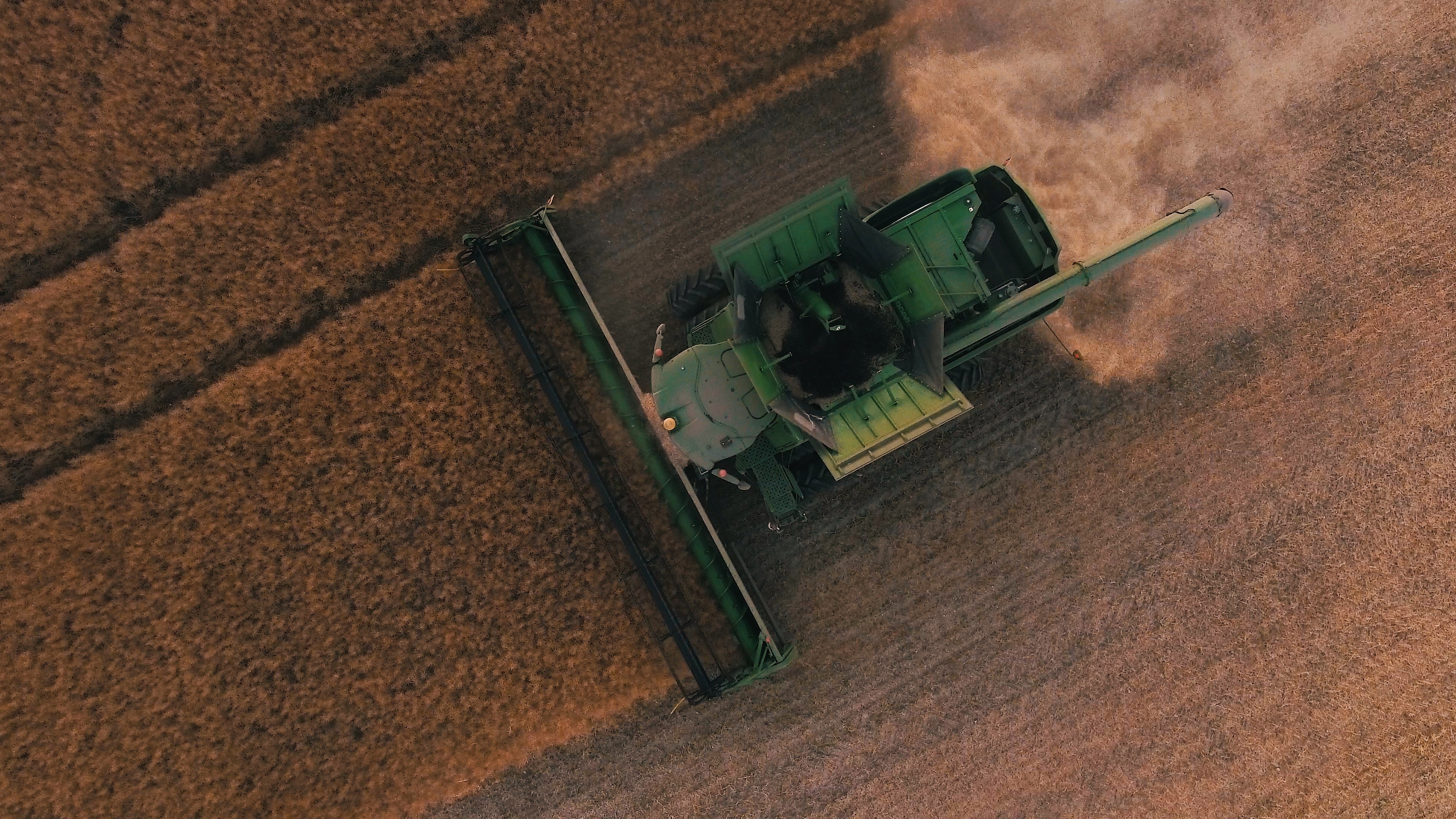
Our climate in crisis
We can change our climate for the better by adapting the way we farm and eat.
It is estimated that as much as one third of global greenhouse gas emissions comes from food and farming, largely through intensive livestock production and the use of synthetic nitrogen fertilisers. By transforming how these industries work, we can take huge steps towards slowing down climate change.
Research shows that if all of Europe’s farmland followed organic principles, agricultural emissions across the continent could drop by 40 - 50% by 2050, while also feeding a growing population. However, this system-wide shift needs to happen in the next 10 years to have the most impact. If we carry on as we are, climate change could reduce the UK’s top-grade farmland by 75% and cause extreme weather patterns that would affect food production.
We must act quickly to protect the planet’s future.
The benefits of changing the way we eat meat
We’re advocating to eat less – but better – meat, to stop the need for intensive systems and to slow down the effects of climate change.
Currently, meat consumption accounts for nearly a fifth of all greenhouse gas emissions. Intensive livestock production is a major reason why. It:
• Contributes to the nitrous oxide and methane in our atmosphere
• Drives deforestation, releasing vast amounts of CO2
Eating meat doesn’t have to hurt the planet. In fact, grass-fed livestock, like organic, can have benefits to the climate and nature.
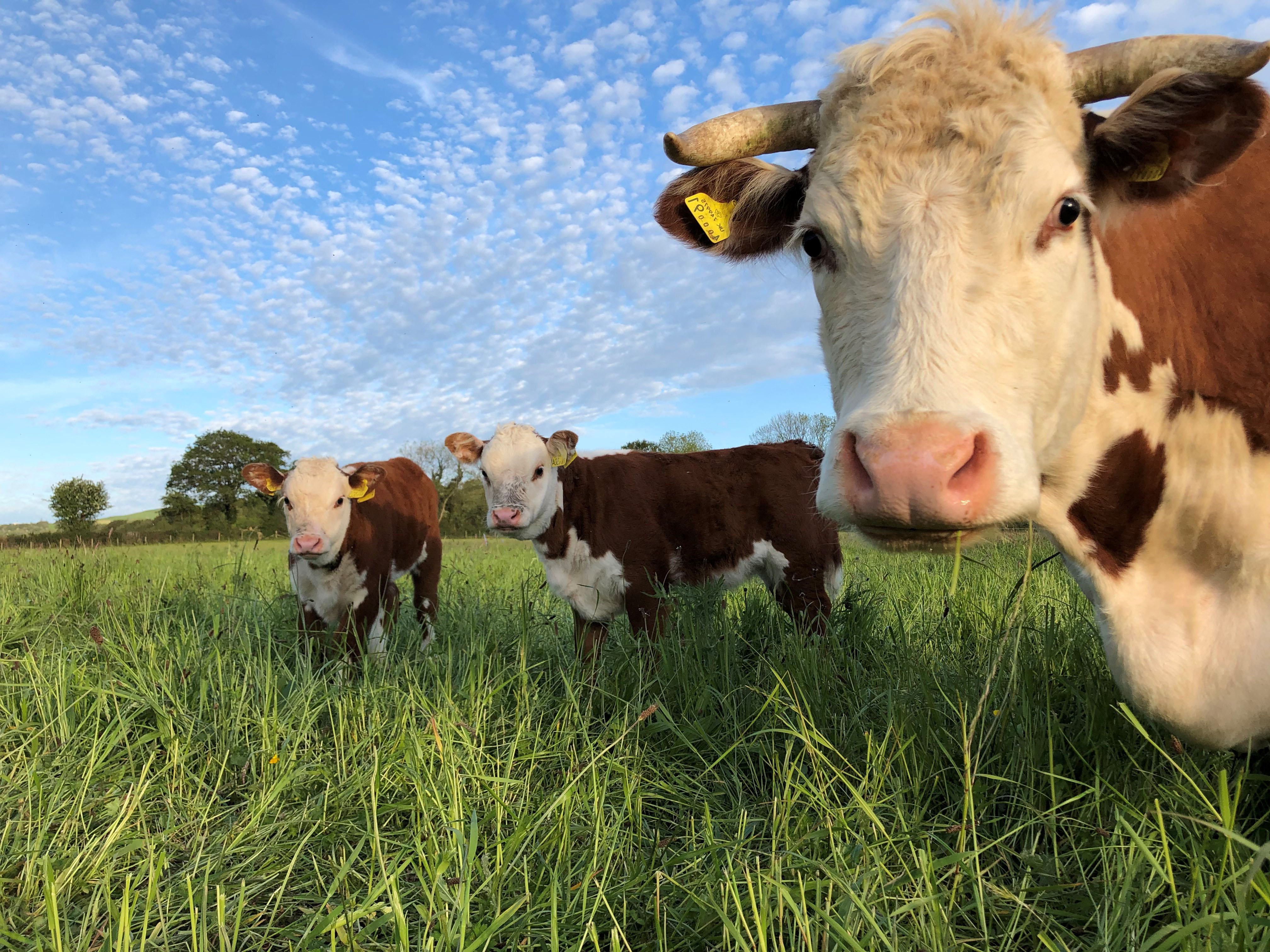
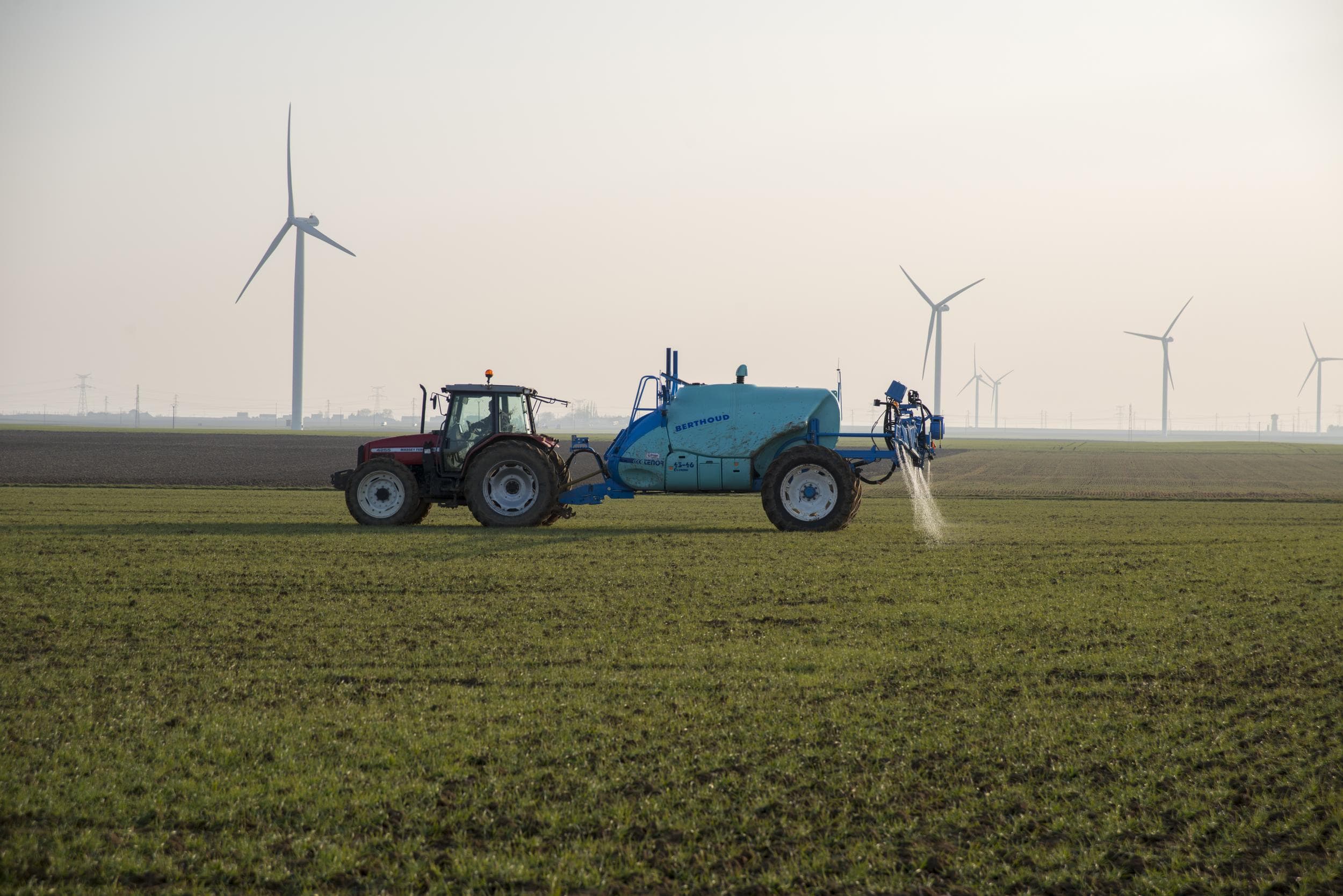
The role of excess nitrogen in climate change
Synthetic nitrogen fertilisers, that are used widely in farming, have contributed to an increase in the nitrogen on our planet and nitrous oxide in our atmosphere – a long-lived and potent greenhouse gas.
In Europe, more than half of all the reactive nitrogen that comes from humans stems from synthetic nitrogen fertilisers. Recent research into nitrous oxide emissions, which these fertilisers add to, suggests that its impact on the climate may be double what was previously assumed.

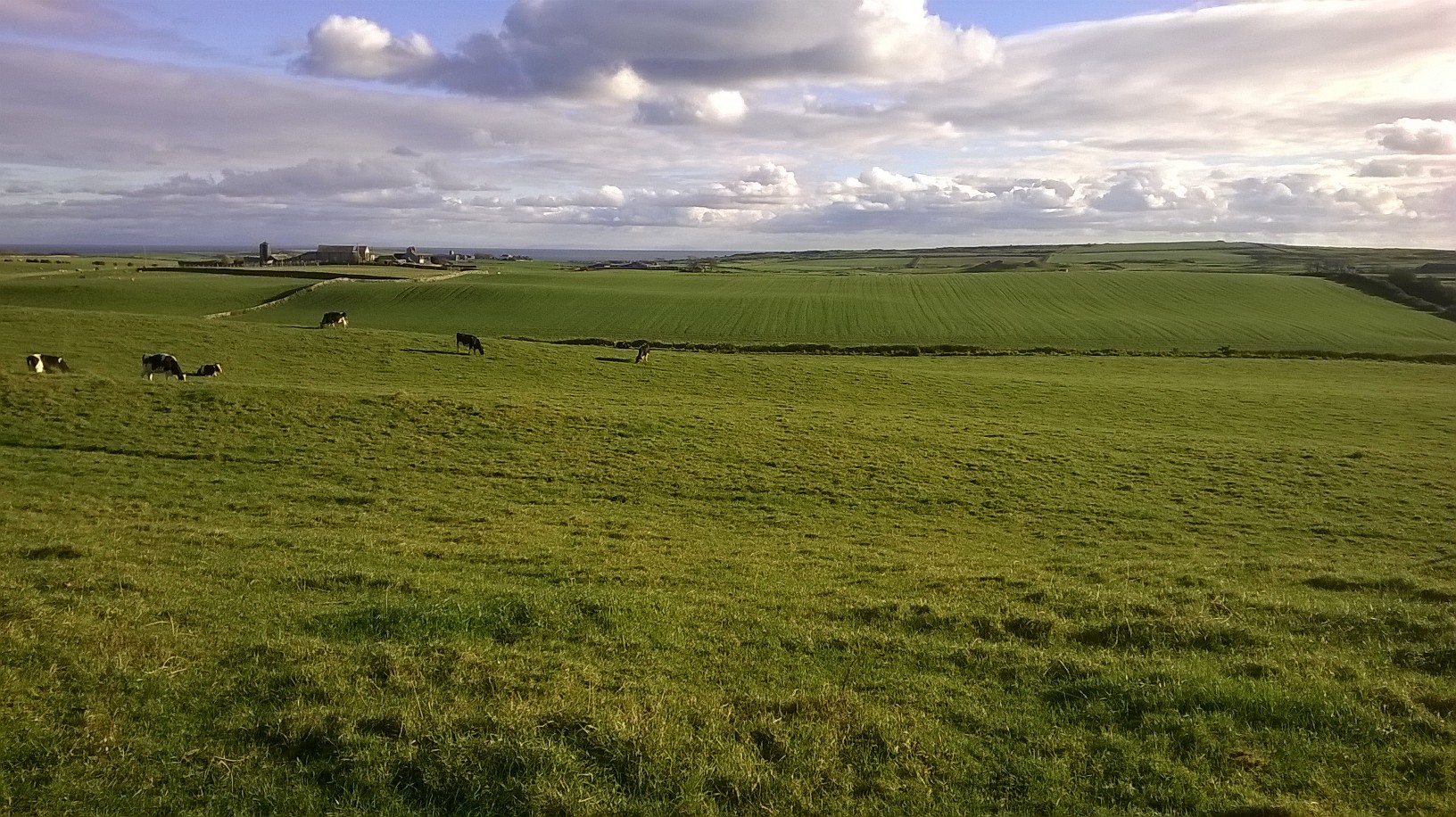
Responding to the climate crisis with agroecology
“Agroecology” refers to the application of ecological concepts and principles in farming. Organic systems are the gold standard.
Changing how we farm is vital for the future of our climate and food security – and with agroecology, it can be done. A recent report from the thinktank IDDRI shows that a wholesale transition to agroecology would:
• Reduce greenhouse gas emissions from agriculture by 40%
• Feed Europe healthily and sustainably
• Help restore biodiversity

COP26: what's next?
COP26, the UN’s climate change conference, took place in Glasgow in November 2021. Some progress was made to stop climate change, but more needs to be done. The UK, along with other world leaders, must show bold action and ambition to limit global warming. In particular, we’d like to see our Government champion soil health and support farmers in transitioning to agroecology.
Using organic systems to combat climate change
Organic farmers follow legal standards that minimise their use of artificial chemicals and protect soils. This makes supporting organic farmers crucial in the fight against climate change.
In contrast to conventional farms, organic farms:
- Take measures to maintain healthy soils, which, as a result, store 44% more carbon
- Support 50% more wildlife
- Prohibit the use of synthetic nitrogen fertilisers
Interest in organic is at the highest it’s been for over a decade. We need to keep the momentum going by championing organic wherever possible.
Our work to protect the climate so far
We’re on a mission to reduce the UK’s food and farming emissions! Some of the things we’ve done so far include:
1. Joining The Climate Coalition: the UK’s largest group of people dedicated to action against climate change
2. Taking part in “The Time Is Now”: the first-ever virtual mass lobby for climate, nature and health
3. Launching our “Grow Back Better” report: a new route-map to reinvigorate UK food, farming and land-use
4. Supporting nature-friendly farming practices: helping farmers incorporate agroecological practices through the Innovative Farmers programme
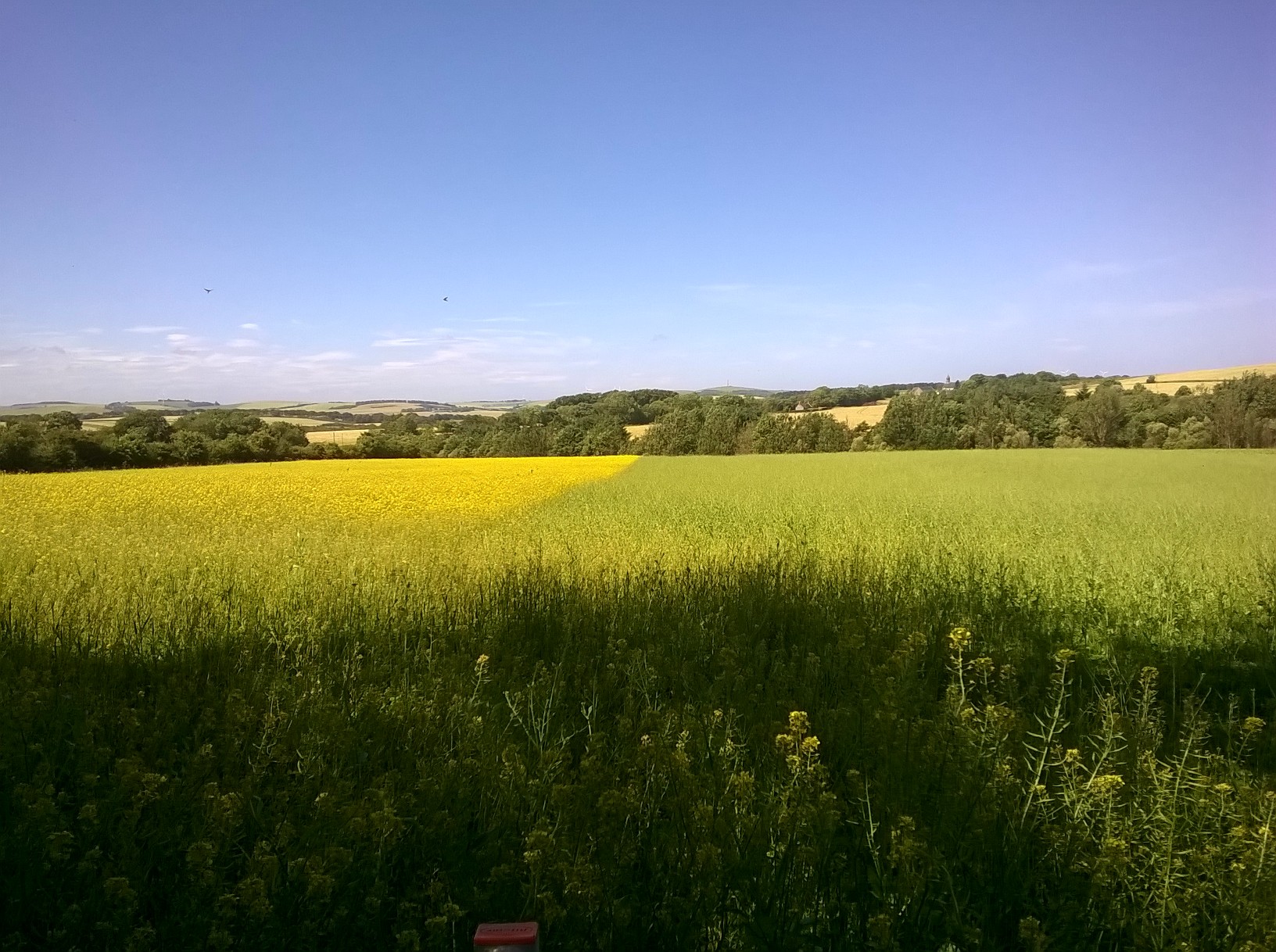
Help us to help the planet
Besides living more organically and taking steps to reduce your carbon footprint, you can help us to address climate change – supporting farmers, campaigning for more eco-friendly food and farming policies and more – by becoming a member today.

